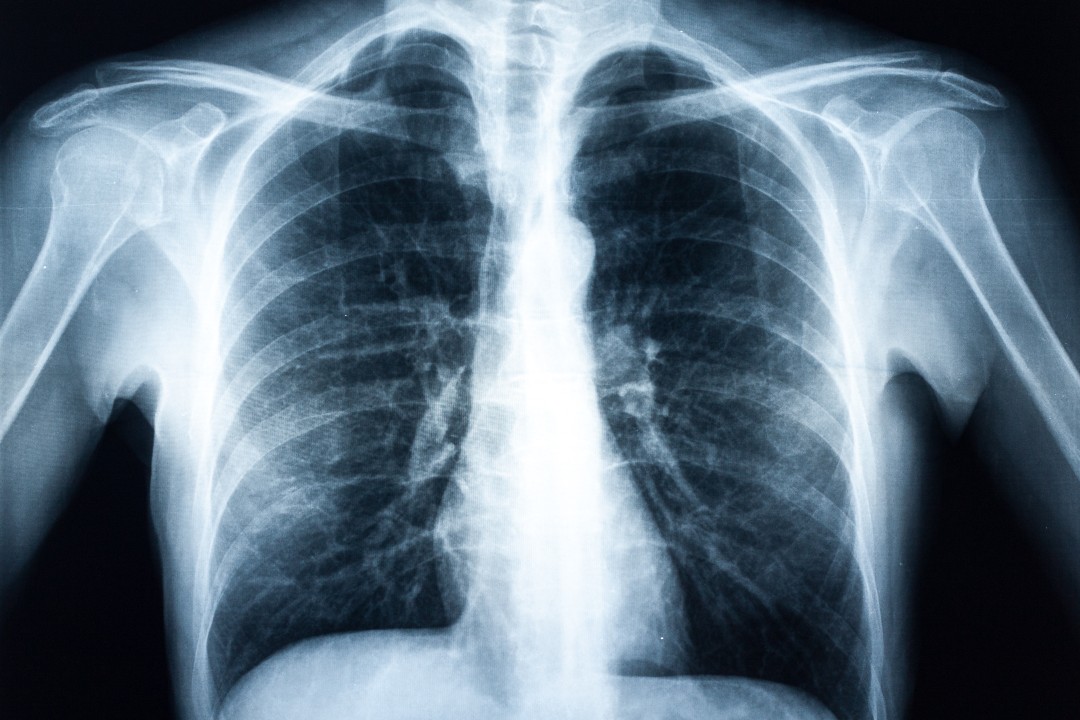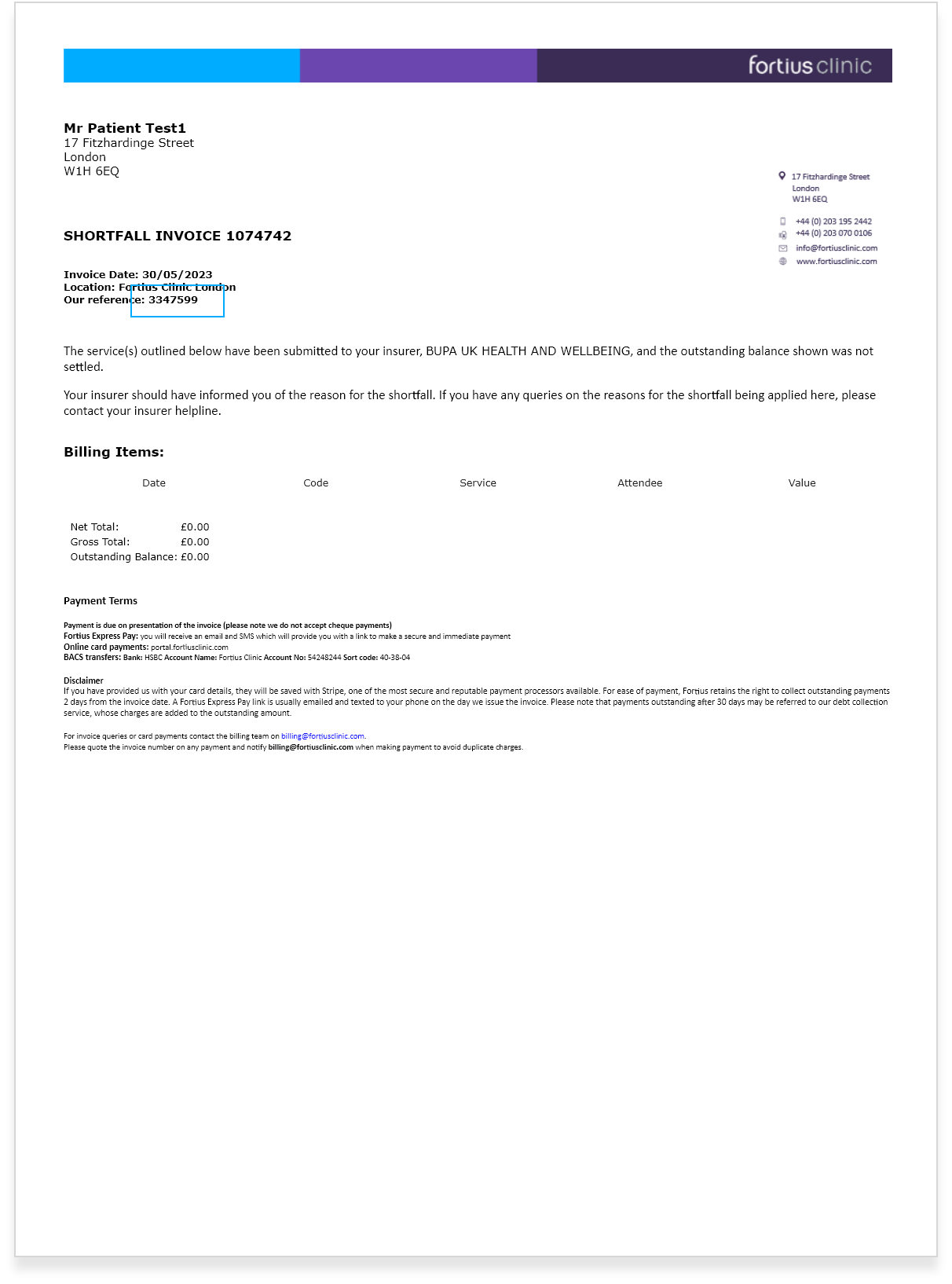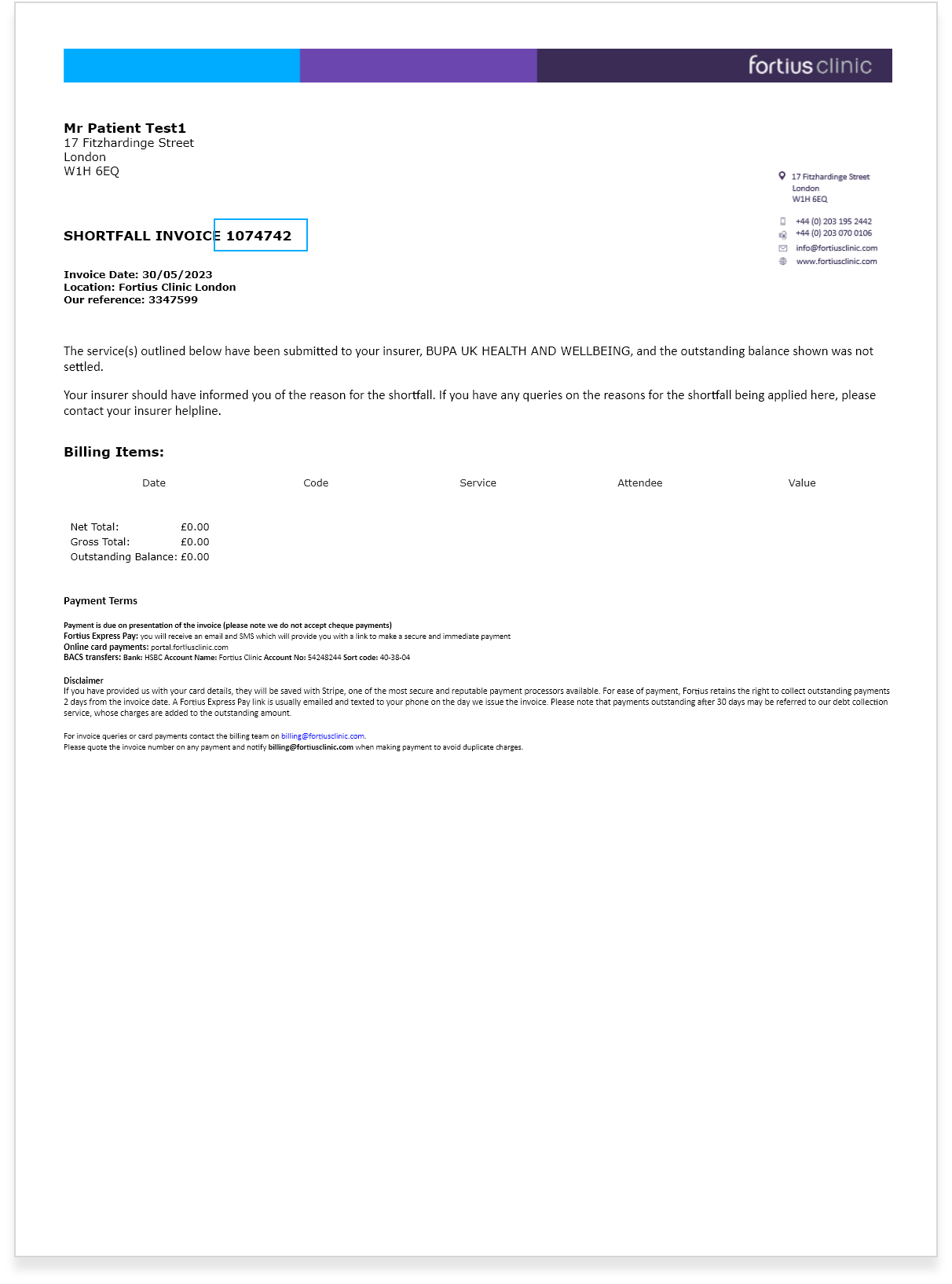Chest wall pain
The chest wall is made of bone, cartilage, ligaments and tendons and covered by muscle and soft tissues. The chest wall is designed specifically to protect the organs it surrounds and support respiration. The complex nature of thorax with multiple joints and cartilaginous connections coupled with a need to continually move (breath) makes it prone to inflammatory conditions and chronic pain problems.
What are the symptoms?
The most common chest wall symptom is pain. The type of pain and its location depends on the underlying cause of the pain. The pain may be an ache, constant or occasional, sharp, stabbing or burning. The pain may be mild to severe. The pain may be worse on certain movements such as deep breathing, coughing or twisting. It may be associated with numbness, tingling or a ‘radiating’ pain, from front to back for example. The causes of chest wall pain are numerous but are most commonly musculoskeletal conditions, though other conditions often need to be excluded first. The most common cause of chest wall pain is from through some form of direct trauma or injury to chest wall with underlying swelling and inflammation to the soft tissues.
How is it diagnosed?
Having discussed how your chest symptoms developed and having carefully examined your chest, the specialist’s diagnosis is usually backed up by an ultrasound, chest MRI or a CT scan to show the lump depending on what the lump is caused by.
How is it treated?
Treatment is very much dependent on what the pain is caused by:
Non-operative treatment: It may involve nothing more than reassurance or rest along with restrictions of some forms of physical activity is likely to be recommended for several weeks and is often enough for it to heal, along with taking anti-inflammatory medication if recommended by your doctor. You may also be advised to follow a gentle exercise programme to gradually restore muscle strength.
Surgery: Depending on the source of pain, surgery may be recommended
How long does it take to recover?
Recovery will depend on the source of chest wall pain and treatment you’ve had. Your specialist will be able to advise you on when you can expect to return to everyday activities – this is normally within three months.
Important: This information is only a guideline to help you understand your treatment and what to expect. Everyone is different and your rehabilitation may be quicker or slower than other people’s. Please contact us for advice if you’re worried about any aspect of your health or recovery


